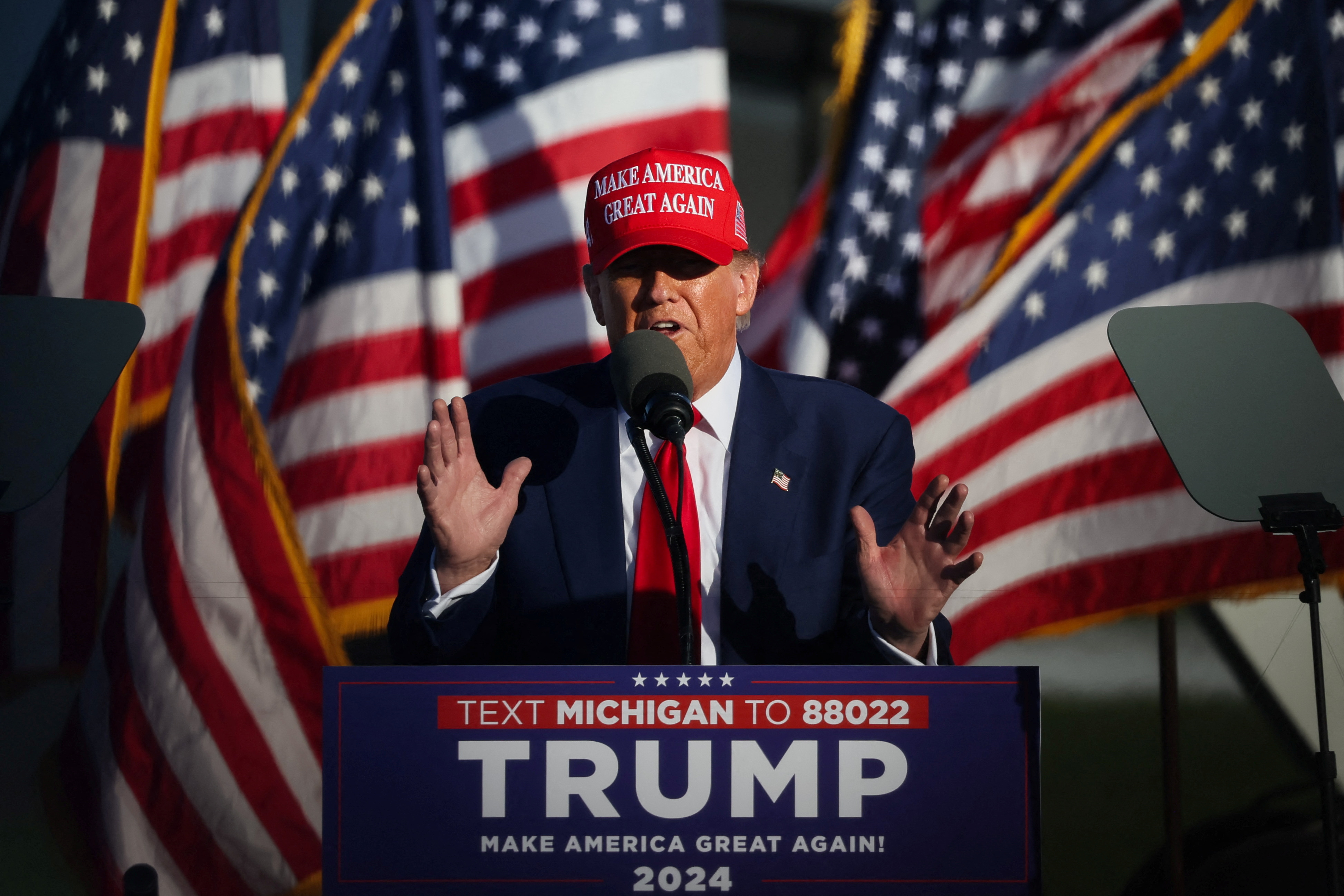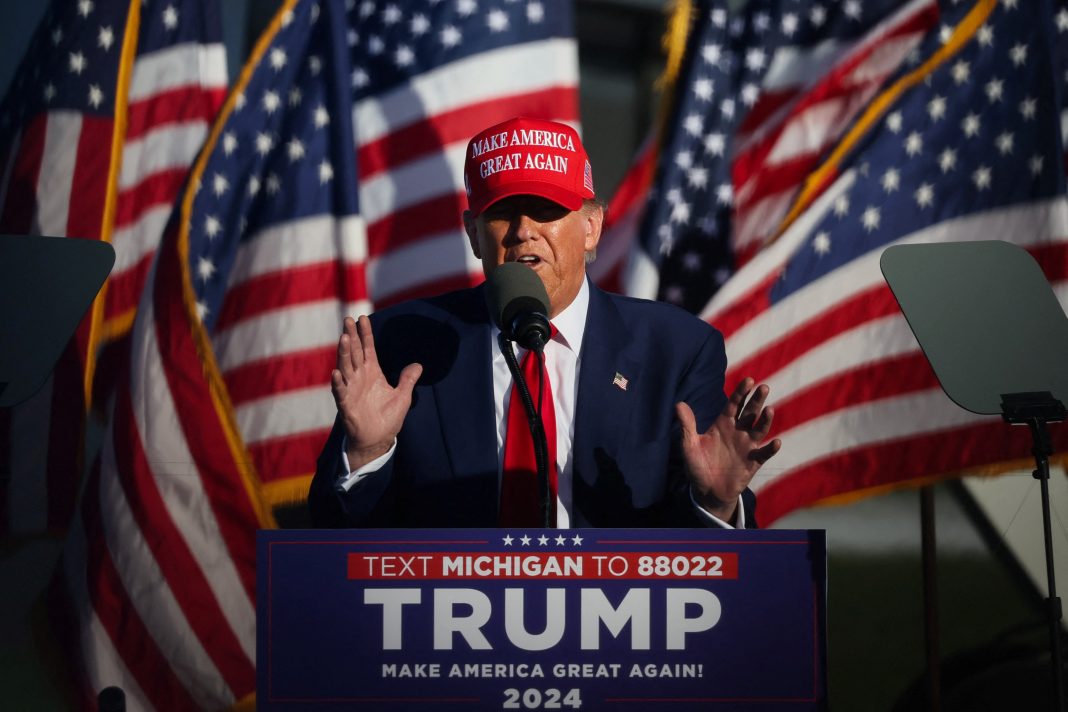 Chinese automakers are increasingly posing a threat to U.S. automakers, prompting President Joe Biden to implement a 100% tariff on Chinese-made electric vehicles (EVs). However, experts believe this protectionist measure will only delay, not prevent, Chinese automakers from entering the U.S. market. Despite the increased tariffs, Chinese models could still undercut domestic prices and find loopholes for imports made in other countries. Additionally, the tariffs do not address gas-powered vehicles imported from China. Dan Hearsch, an expert at AlixPartners, suggests that Western automakers and suppliers need to prepare to either compete with or collaborate with Chinese automakers.
Chinese automakers are increasingly posing a threat to U.S. automakers, prompting President Joe Biden to implement a 100% tariff on Chinese-made electric vehicles (EVs). However, experts believe this protectionist measure will only delay, not prevent, Chinese automakers from entering the U.S. market. Despite the increased tariffs, Chinese models could still undercut domestic prices and find loopholes for imports made in other countries. Additionally, the tariffs do not address gas-powered vehicles imported from China. Dan Hearsch, an expert at AlixPartners, suggests that Western automakers and suppliers need to prepare to either compete with or collaborate with Chinese automakers.
Chinese automakers have significantly improved the quality and build of their vehicles in recent years, thanks to subsidies from the Chinese government. This has led to a decline in market share for global automakers like General Motors (GM) in both China and the U.S. GM and other U.S. automakers struggle to compete against budget-friendly Chinese vehicles, including EVs. For example, BYD’s Seagull, priced at around $10,000, could potentially outperform many EVs currently available in the U.S. market. Analysts like Morgan Stanley’s Tim Hsiao believe that protectionism from the West may temporarily affect Chinese EV makers but will not ultimately halt China’s push for global EV expansion.
While the new tariffs primarily target EVs, gas-powered vehicles imported from China into the U.S. are relatively few in number. However, some U.S. automakers, such as GM and Ford, do import gas-powered vehicles from China. The Biden administration’s focus on China-made EVs aligns with its clean energy agenda and efforts to enhance U.S. charging infrastructure. Their aim is to support the growth of EV production and adoption in the country.
The move by the Biden administration reflects concerns seen in Europe, where Chinese automakers have flooded the market with gas-saving EVs, undercutting local automakers. Chinese companies currently account for 8% of Europe’s all-electric vehicle sales, and this share could increase to 15% by 2025. The European Union believes that Chinese EVs are undercutting local prices by approximately 20%. If successful, the new EV tariffs in the U.S. could have a ripple effect on other countries, including Europe. This may lead Chinese companies to establish local production operations or joint ventures to lower export costs and continue accessing the U.S. market.
In conclusion, while President Biden’s increased tariffs on Chinese-made EVs aim to protect domestic automakers, experts believe that Chinese automakers will eventually enter the U.S. market. The tariffs may delay their entry, but they do not address gas-powered vehicles imported from China. The quality of Chinese vehicles has improved significantly in recent years, posing a challenge to U.S. automakers. The focus on China-made EVs aligns with the Biden administration’s clean energy agenda, but it may also have implications for global markets if successful in stemming Chinese exports. Overall, the threat of Chinese automakers in the U.S. market remains a significant challenge that Western automakers and suppliers must address.


